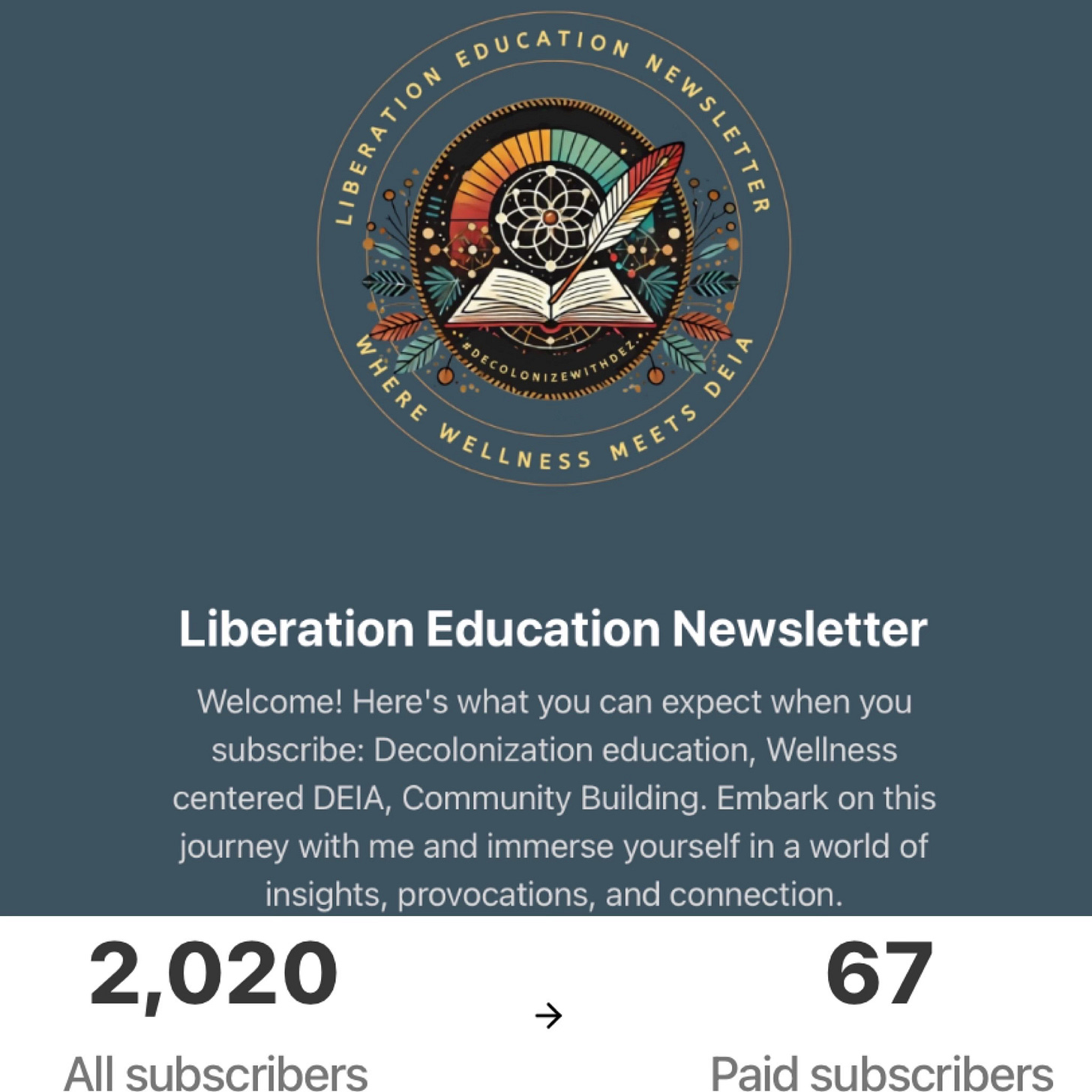The Accounting Lens on Colonization
Unveiling the Economic Foundations of Exploitation and Inequality
Introduction
Welcome back to our Black August series! Today, we delve into the intricate and often overlooked accounting practices that were integral to the systems of colonization and enslavement in America.
and I recently discussed this in an episode of my podcast, "Let's Have the Conversation." By examining these practices, we aim to uncover how historical exploitation continues to shape modern systemic inequalities.Podcast episode here: The Accounting Lens of Colonization
The Accounting Framework of Enslavement and Colonization
America as a Business Entity
Dr. Kimberly Douglass: "It's very important because the United States is a corporation. The states within the United States are incorporated, and they function as. Sometimes we're having these conversations where it's about interpersonal stuff and people's hurt feelings or assaults, but we have to pan out in the macro view, right, because all of the stuff that's happening down here in the weeds, it's because we've said at this level that this is going to happen."
America's formation and operations can be understood through the lens of business practices. Enslaved Africans were seen as assets, and Indigenous people as liabilities. The meticulous accounting practices of the time reflected this commodification.
The Role of Ledgers in Slavery
Dr. Kimberly Douglass: "It is because of its accounting and ledgers that these plantations were able to be so effective. If you had a plantation of thousand slaves, it is quite possible that you didn't even live on the plantation. You may have lived back in England, so you would have multiple sets of books sent to you."
Ledgers meticulously recorded the lives and labor of enslaved people, detailing purchase prices, labor productivity, and even breeding outcomes. This systematic approach ensured the plantation's profitability, treating human lives as entries in a financial statement.
Enslavement Practices and Modern Correlations
Planned Exploitation and Free Labor
Desireé B Stephens: "When you start a business on free labor, there's never been a better time for the American business than enslavement. All free labor, 100% profit."
The reliance on free labor set a precedent for America's economic systems. Today, debates about living wages and labor rights reflect the ongoing struggle against this exploitative foundation.
Assets and Liabilities in the Colonization Framework
Desireé B Stephens: "You take this business that is America, and you bring it to a land that already has people on it. So what must you do with the Indigenous of Turtle Island? They are liabilities because they can destroy your business."
Indigenous peoples were forcibly assimilated or removed to reduce "liabilities." Boarding schools aimed to erase Indigenous identities, and blood quantum laws were used to limit claims to Indigenous heritage. Conversely, enslaved Africans were seen as assets, with forced breeding increasing their numbers to ensure a continuous labor supply.
Modern Implications
Healthcare and Economic Systems
Dr. Kimberly Douglass: "The coldness of the system is the accounting ledgers, the accounting ledgers of the healthcare industry that does not give a shit about people getting better. It just cares about profit."
The principles of accounting that dehumanized people during colonization continue to manifest in modern systems. For instance, the healthcare industry often prioritizes profit over patient care, reflecting the same systemic disregard for human well-being.
Corporate Culture and Oppression
Desireé B Stephens: "The company culture is oppression. It demands a lower class. And as long as you can take yourself and look down on somebody, you will continuously perpetuate the work culture that is the American business."
The cultural and systemic foundations laid during colonization and enslavement persist today. Economic disparities and systemic racism are ingrained in the "company culture" of America, perpetuating cycles of oppression.
Conclusion
Understanding the accounting framework of colonization and enslavement offers a crucial perspective on how systemic exploitation was meticulously planned and executed. By drawing correlations between historical practices and modern inequalities, we can better understand the roots of systemic oppression and work towards meaningful change.
Reflective Questions:
How can recognizing the historical accounting practices of enslavement and colonization inform our approach to addressing modern systemic inequalities?
In what ways can we challenge and change the "company culture" of America that continues to perpetuate economic and racial disparities?
What steps can individuals and communities take to dismantle the exploitative systems that remain embedded in our society?
Become a Paid Subscriber
During this Black August series, we strive to support Black and Indigenous businesses and ensure equity in education. To continue this important work, we aim to reach 1000 paid subscribers at $8 a month. Currently, we have 67 (was 65) subscribers, and with your support, we can reach our goal and make a significant impact. By becoming a paid subscriber of the Liberation Education newsletter, you help create equity and sustain our efforts to educate and advocate for justice.
Stay tuned for more insightful discussions in our Black August series as we continue to deconstruct the American business model and envision a more equitable future.
In solidarity and empowerment,
Desireé B Stephens





